Natural remedies for bradycardia:
Bradycardia is a slower than normal heart rate.
The heart of most adults at rest typically beats between 60 and 100 BPM. If you have bradycardia, your heart beats less than 60 BPM.
Note – physically active adults usually have a resting heart rate slower than 60 times per minute, however, it doesn’t cause any health problems.
In these people, regular physical exercise and a healthy diet improve the heart’s capacity to pump blood efficiently, hence, fewer heart contractions are needed to supply the body’s needs.
In other people, bradycardia is a possible sign of a health problem with the heart’s electrical system.
If you experience this condition, your brain and other organs might not get sufficient oxygen and nutrients, possibly causing the following symptoms:
- fatigue;
- near-fainting or fainting;
- chest pains;
- lightheadedness;
- easily tiring during physical activity;
- memory problems;
- confusion;
- shortness of breath.
Bradycardia can happen for a few reasons, including:
- heart block;
- sick sinus syndrome (the heart’s natural pacemaker is not functioning as it should);
- scar tissue from a heart attack;
- sleep problems (insomnia);
- atherosclerosis (also known as hardening of the arteries);
- side effects of some heart drugs;
- congenital heart disease.
To diagnose bradycardia, your healthcare provider will usually use an electrocardiogram test.
Here is a list of top home remedies and natural treatments for bradycardia (low heart rate):
#1 Cayenne Pepper
Herbalists consider this vegetable a heart tonic and a natural blood regulator. Cayenne pepper also removes congestion from the circulatory system and is a stimulant herb.
It is rich in vitamin A, vitamin C, and some essential minerals (like – zinc). All these nutrients contribute to its beneficial effects on the heart.
More importantly, it contains capsaicin, a natural chemical that is responsible for giving hot peppers their spicy kick.
Capsaicin may have numerous health benefits which help protect the heart by – supporting weight loss, reducing the risk of heart muscle thickening, controlling blood sugar, lowering blood pressure, reducing the risk of metabolic syndrome, slowing the development of atherosclerosis, increasing exercise time in individuals with angina, according to a 2015 study.
#2 Flax Seeds
Flax seeds contain both insoluble and soluble fiber along with protein, vitamin B1, vitamin B6, copper, magnesium, vitamin B9 (folate), manganese, zinc, phosphorus, calcium, iron, and selenium.
However, the three most important nutritional elements of flax seeds are lignans (fiber-associated compounds), omega-3 fatty acids, and mucilage. Omega-3 essential fatty acids may help:
- lower blood pressure;
- reduce the progression of atherosclerosis;
- reduce triglyceride and total cholesterol levels;
- reduce your risk of heart arrhythmias.
#3 CoQ10
According to studies, CoQ10 (a potent antioxidant) keeps the blood vessels flexible.
Furthermore, this antioxidant fights off a condition that affects the lining of the blood vessels, which can lead to heart disease, hypertension, and stroke.
It might also help treat certain heart conditions, as well as Parkinson’s disease and migraines.
#4 Hawthorn
In western herbalism, this medicinal herb is a well-known natural remedy for heart conditions due to its excellent properties for the cardiovascular system.
For instance, hawthorn improves cardiac muscle contractions and helps increase blood flow to the heart, therefore, it leads to stronger pumping action.
This herb also acts as an effective free-radical scavenger, protecting the heart against the harmful effects of lessened oxygen.
#5 Ginkgo
Ginkgo biloba is an ancient plant extract that has been used in China medicinally to heal numerous health problems for millennia.
It acts on both the nervous and cardiovascular systems, especially on the blood vessels to improve blood flow. Ginkgo leaves contain terpenoids and flavonoids, which are both antioxidants.
Note – it may interact with some conventional medications, like – blood thinners (anticoagulants).
#6 Bilberry
Bilberry fruit is quite similar to blueberry and is a good natural remedy to treat many different types of problems in the human body. For instance, the fruit treats skin problems, menstrual cramps, diarrhea, and eyestrain.
Bilberry has also been used in the treatment of venous insufficiency (a condition where the flow of blood through the veins is blocked) and varicose veins (enlarged, swollen twisting veins typically caused by damaged or faulty valves).
Furthermore, bilberry has the capacity to strengthen capillary walls, which makes it an ideal remedy for improving the cardiovascular function of the human body.
READ MORE: Endometrial Hyperplasia – 10 Home Remedies
#7 Reduce Your Stress Levels
Stress caused by our modern, fast-paced lifestyles can negatively affect every bodily system, like – slowing metabolism, suppressing the immune system, slowing cell regeneration, and stalling digestion.
Doing meditation exercises (like mindfulness meditation) will change the health of arteries.
As a result, you make your heart significantly healthier.
All you need is to practice a session of mindfulness meditation per day.
Also, practicing any type of physical activity and having good sleeping patterns are effective ways to reduce stress and tension.
READ MORE: Lichen Planopilaris – 10 Home Remedies
#8 Ginger
Like cayenne pepper, ginger has potent stimulant properties.
It also has blood purifying properties, plus, it is used to reduce LDL and total cholesterol levels in the body.
Ginger is considered more potent than aspirin (a medication used to treat fever, pain, or inflammation) in preventing blood clots. Therefore, start using ginger in your regular diet to get rid of any type of heart disease.
In addition, other possible health benefits of ginger include loss of appetite, relieving nausea and pain, and strengthening the immune system.
READ MORE: Stasis Dermatitis – 10 Home Remedies
#9 Garlic
According to research, garlic is beneficial for conditions, such as – high total and LDL (bad) cholesterol, high blood pressure (hypertension), and coronary heart disease.
Moreover, it has antiplatelet and antithrombotic aggregatory attributes and improves circulation.
When you crush garlic, you release allicin, a natural compound that gives garlic its stinky odor but also lets blood flow better and helps keep your arteries flexible.
READ MORE:
#10 Green Tea
Green tea is one of the most valued and therapeutic consumed drinks in the world.
For instance, it has antioxidant, antiviral, anti-cavity, and anti-inflammatory properties.
Furthermore, green tea has a few strong antioxidants that lower blood pressure and bad cholesterol.
READ THIS NEXT: Postherpetic Neuralgia – 10 Home Remedies
References https://emedicine.medscape.com/article/760220-workup https://www.ncbi.nlm.nih.gov/pubmed/18500725 https://www.ncbi.nlm.nih.gov/pmc/articles/PMC3854007/
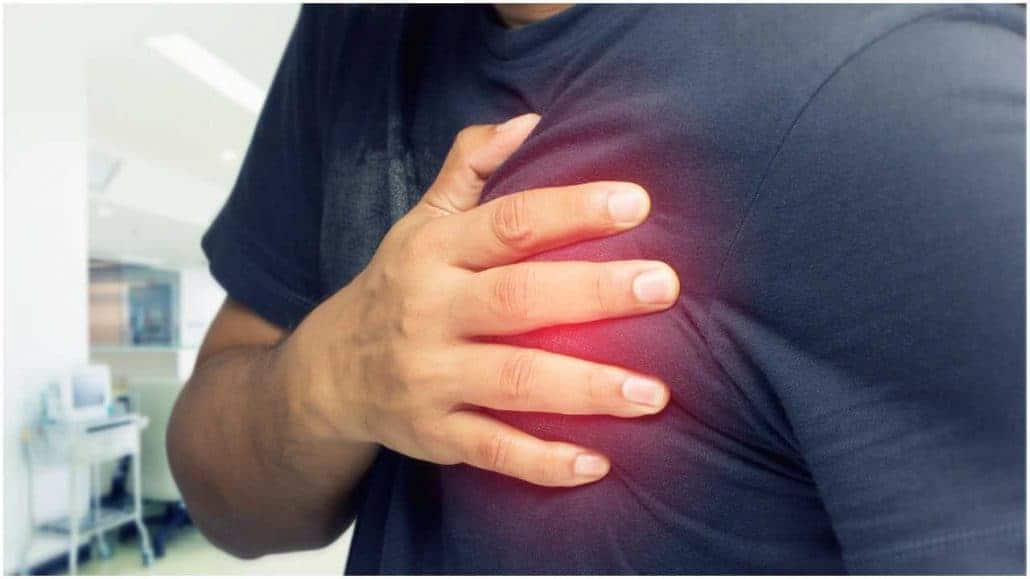
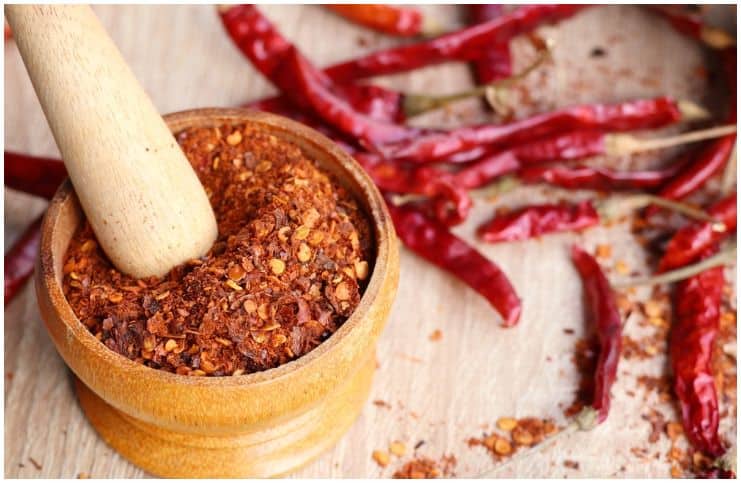
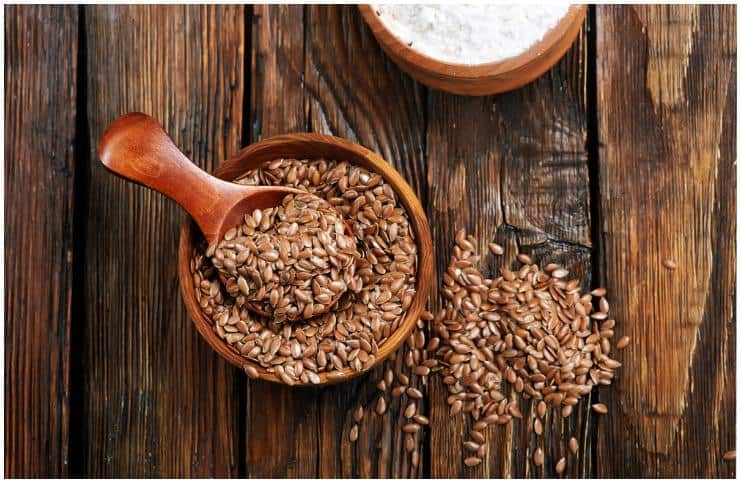
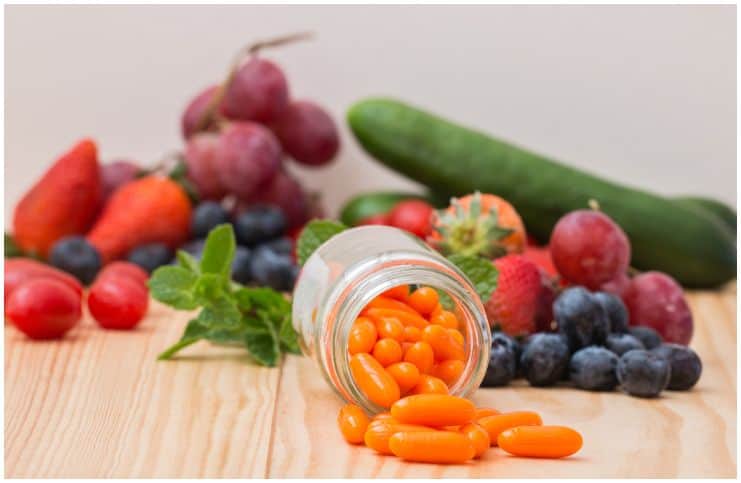
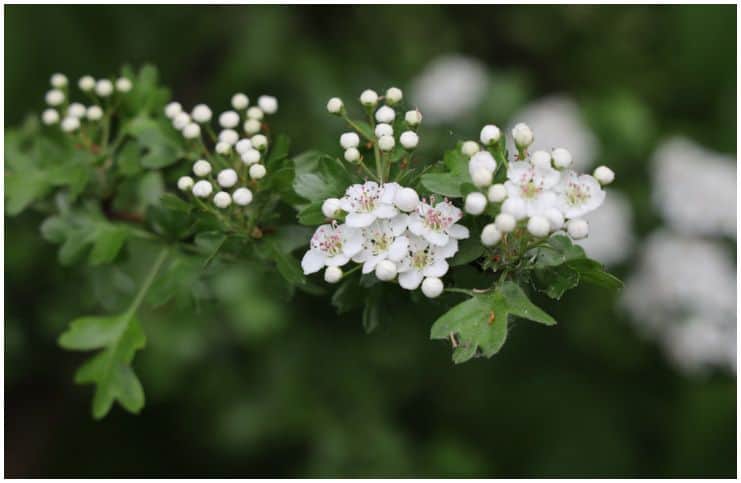
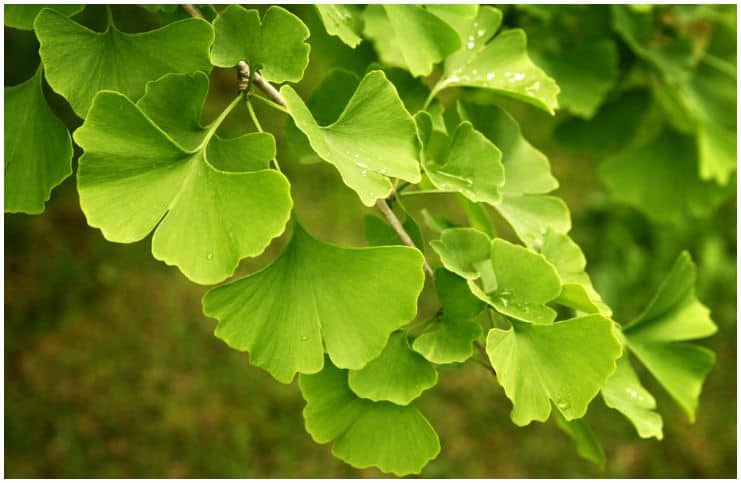
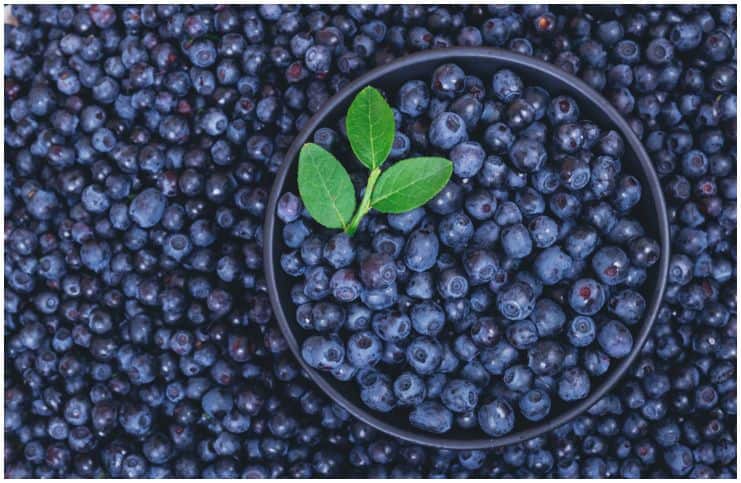




Thanks for giving leasehold ideas !
Om. Please help me with the reply: “Bradycardia (Low Heart Rate) – 10 Home Remedies & Natural Treatment”
Very informative. Thank you very much.
very informative. Helpful and encouraging. Thank you.
very informative. I have just been diagnosed with bradycardia.
I have written most of what I read. I will from now on include the natural herbs etc even more. I do use them just not a lot. From now on every day in my meals. I am so happy to come across this, Bradycardia, low heart rate home remedies. Thank you so much for this article
Thanks for the information, it was very helpful to see that besides a pacemaker there are natural tests like these that can help first.
Thank you very informative. I will try some of these remedies.